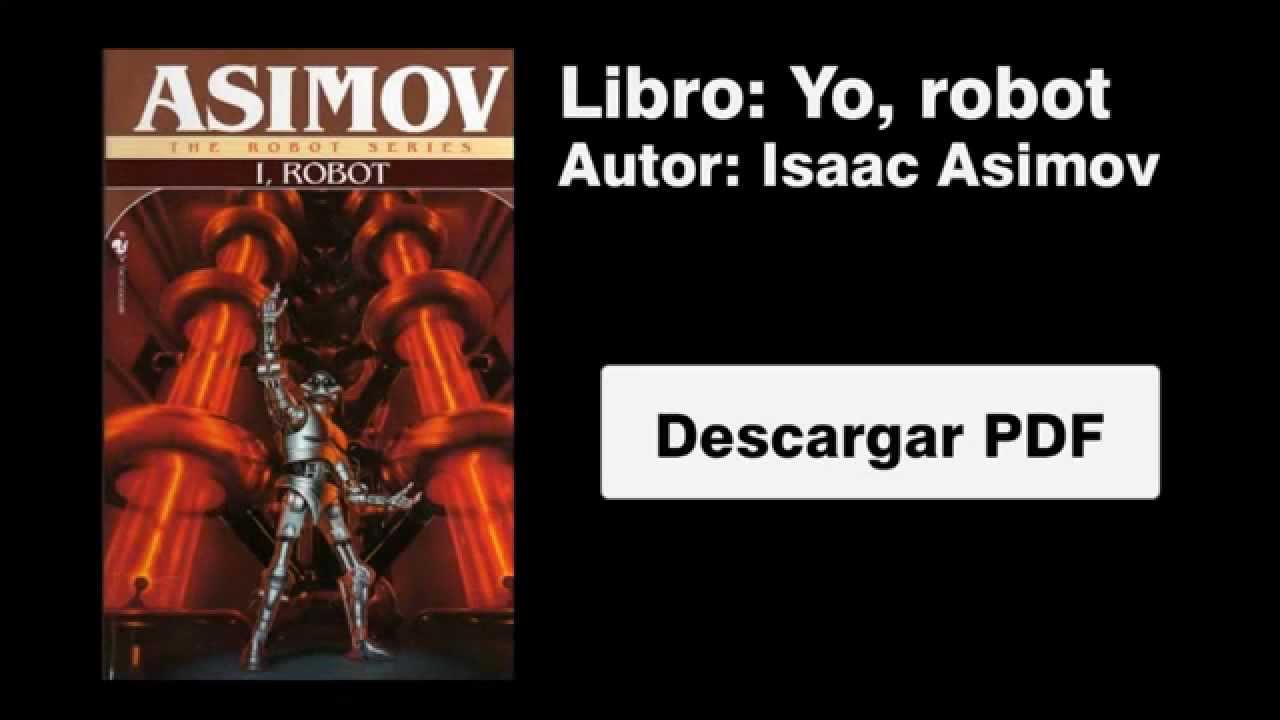
The Asimovs emigrated to the USA in 1922, and after struggling for three years, managed to save enough money to open a small candy store in New York. I celebrate January 2, 1920, so let it be.’ My parents were always uncertain and it really doesn’t matter. There is, however, no way of finding out.

He wrote in In Memory Yet Green, ‘It could not have been later than that. One of the most prolific of writers, he has authored more than 500 books, edited several volumes, and all of this while also being a professor of biochemistry.īorn in a village called Petrovichi in Smolensk, Russia somewhere between October 1919 and January 1920, Isaac Asimov decided to celebrate his birthday on 02 January. His mind-bending stories of inter-stellar travel, other worlds, strange encounters, and sentient machines have never stopped fascinating readers since he first put finger to typewriter. Asimov isn’t everyone’s cup of tea.īut for those of us who revel in the scientific accuracy of fantastic worlds, in the possibility of reimagining the mundane into never-impossible futures, and found ways of thinking about the Big Questions of life through the stories of Multivac and lands where stars were only seen once in a thousand years, Isaac Asimov is a prophet (peace be upon his name).Ī Russian immigrant in the USA in the 1930s, a professor of biochemistry, a war veteran, and a writer of popular science books, Isaac Asimov – whose birth centenary it was on 02 January – was also, possibly, the most successful science fiction writer of his generation. ‘Is that the one with Rajinikanth?’ came the tentative reply. Of course, there was also one who said ‘who’s Asimov?’ Horrified, I explained that he was an acclaimed writer whose work had been made into several movies. No questions there!’ said a fifth with complete confidence…and so on.

‘Robot Dreams,’ said a third ‘his short stories definitely…especially the AI ones,’ pinged a fourth ‘Nightfall. ‘Some would say the Robot stories, but Foundation is more in-depth,’ answered another.

‘Bicentennial Man and End of Eternity FTW!’ replied one. Everyone who had read Asimov had a different answer. The answers did not surprise me there was absolutely no consensus. In a completely unscientific survey I conducted for the express purpose of writing this article, I sent a WhatsApp message to many of my (what I hoped were) sci-fi reading friends asking what they thought Asimov’s greatest work (or their favourite Asimov work) was.


 0 kommentar(er)
0 kommentar(er)
